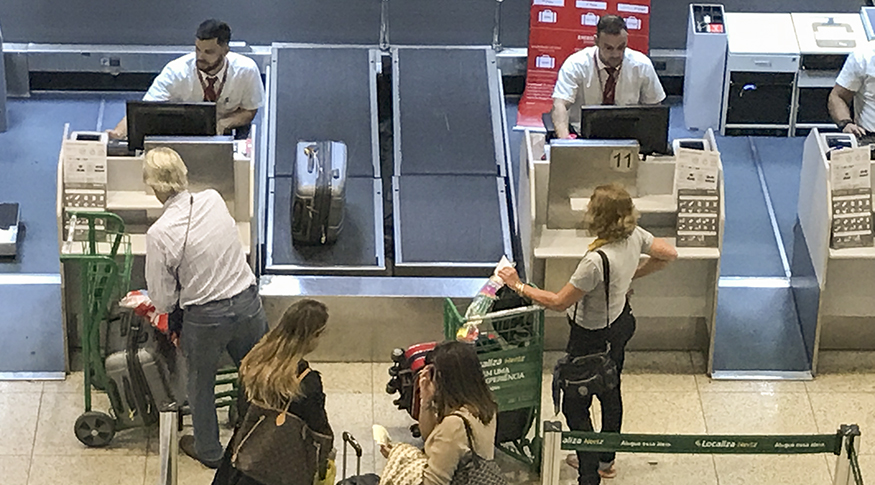IPCA
Gasoline and airfares raise July IPCA to 0.38%
August 09, 2024 09h00 AM | Last Updated: August 12, 2024 06h19 PM

In July, the Extended National Consumer Price Index (IPCA) was 0.38%, 0.17 percentage points (pp) higher than in June (0.21%). This increase in the index was driven by gasoline prices, which rose 3.15%, and also by airfares, which rose 19.39%. Another contribution to the increase in the IPCA came from residential electricity rates (1.93%).
The IPCA manager, André Almeida, notes that “in July we have school holidays, which contributed to the increase in airfares. In addition, this month the yellow tariff flag for residential electricity came into effect, adding R$1.885 to every 100 kWh, causing price rises”.
In the year, the IPCA has accumulated an increase of 2.87% and, in the last 12 months, of 4.50%, above the 4.23% observed in the previous 12 months.
Transportation and Housing rose, but Food is falling
In July, prices rose in seven of the nine groups of products and services surveyed by the IPCA. The largest change (1.82%) and also the greatest impact (0.37 pp) on the IPCA in July came from the Transportation group, followed by Housing (0.77% and 0.12 pp).
On the other hand, prices in the Food and Beverage group fell 1.00% and were responsible for the most intense negative impact on the IPCA in July (-0.22 pp). Within this group, food at home fell 1.51% in July.
Mr. Macedo points out that the decline in food at home prices occurred “after nine consecutive months of increases. The increase in the supply of various agricultural products contributed to the reduction in prices”. The biggest drops were in tomatoes (-31.24%), carrots (-27.43%), onions (-8.97%), potatoes (-7.48%) and fruits (-2.84%).
Among the 16 locations where the IBGE collects prices to calculate the IPCA, the biggest price increases were in São Luís and Rio Branco (0.53%, both), influenced by the rise in gasoline prices (5.78% and 2.43%, respectively). On the other hand, the declines in Food at Home, mainly in Tomatoes, caused the Metropolitan Areas of Salvador and Aracaju to have the smallest changes (0.18%, both).
In July, the INPC remained practically stable: 0.26%
The National Consumer Price Index (INPC) was 0.26% in July, 0.01 percentage points above the result for June (0.25%). In the year, the INPC has accumulated an increase of 2.95% and, in the last 12 months, of 4.06%.
Food products fell 0.95% in July, after rising 0.44% in June. Non-food products, on the other hand, accelerated from 0.19% in June to 0.65% in July.
More about the surveys
The IPCA covers families with incomes of 1 to 40 minimum wages, while the INPC covers families with incomes of 1 to 5 minimum wages, living in the Metropolitan Areas of Belém, Fortaleza, Recife, Salvador, Belo Horizonte, Vitória, Rio de Janeiro, São Paulo, Curitiba, Porto Alegre, as well as in the Federal District and in the cities of Goiânia, Campo Grande, Rio Branco, São Luís and Aracaju. Access the data at Sidra. The next IPCA result, for August, will be released on September 10.




















